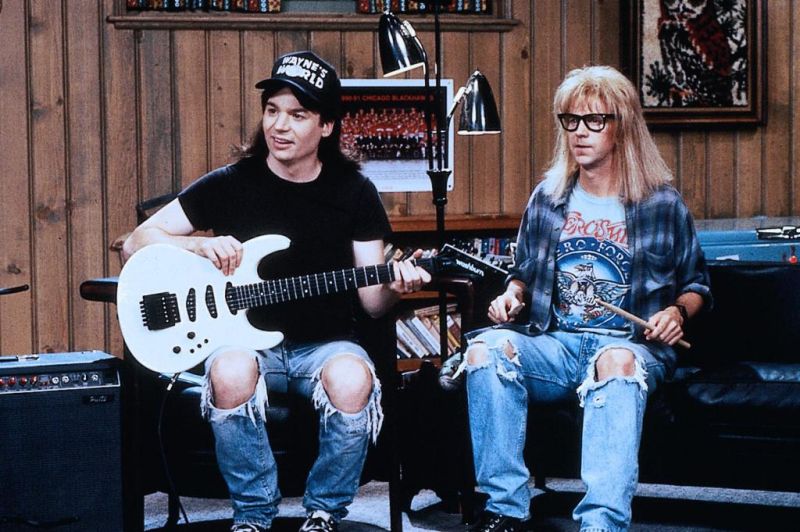Jim-W said:davedotco said:letsavit2 said:davedotco said:radiorog said:letsavit2 said:personally I wouldn't put pink floyd in any genre, too different, still to this day.
Agreed. I have always felt uneasy when hearing floyd put in a prog rock pigeon hole. To me they weren't trying to fit into any category intentionally, they seemed to be pioneering that laid back soul searching Floyd sound. Letting their minds take them where the music they wanted to play was,and they made that leap from whatever source their inspiration was,to sound groundbreaking and unique. I'd be happier hearing it called psychedelic rock, but that is still a pigeon hole. I think they just played a sound and feeling that they could hear in their heads,and created music around that, no pretence.
I don't think that, at the time, anyone considered Pink Floyd to be 'progressive', the term really did have a specific meaning and referred to a somewhat overblown, self indulgent style of music, quite different from the 'heavy' style of Led Zeppelin or the 'psychedelic' musing of Floyd.
The late 60s and early 70s were a very fast moving period in 'rock' music, particularly in England, large scale 'progressive' rock really only held centre stage for a few years, 71 - 74 or thereabouts before being challenged by the stripped back energy of Pub Rock and finally blown away by Punk in 76.
if you go one step back from Zepelin, say Jeff beck the truth you will hear the overlap from blues to rock.
zeplin was never original, they stole that sound.
i don't like "rock" after zeplin, it lost its soul.....!
All blues music is derivative, it is after all 'traditional folk music' and has a very long history. It is the innovations on this traditional base that makes blues music so evolved and vibrant. Blues was largely ignored by white people until the 1950s when radio and the record industry started to get interested, Presley stole the rythms in the late 50s and set down the template for 'pop' music for decades.
The 'white' blues scene in England in the 60s was huge fun and although almost entirely white musicians playing to white audiences the movement was deeply respectfull of the black musicians whose music they were playing. This lead to a great interest in the blues among young english music fans, much more so than there american counterparts. Black blues players who were brought to the uk were astonished to find themselves playing to large white audiences and treated like musical royalty.
'Deeply respectful'? No. Having deep respect for the original blues artists would mean bending over backwards to make sure that they received writing credits and ensuing royalties: I'm sure you're well aware that this didn't happen in every instance, even when songs were 'composed' with little effort to disguise their origins.
Fair point Jim, but the period I was talking about was the mid 60s when the original musicians were credited, though whether they received much in the way of royalties is a different matter.
Black blues artists were brough over and often played with britsh backing bands, it often surprised the US stars to find that their newly aquired backing bands already knew all their songs....!
Pop music has always been derivative, but some bands, Led Zeppelin for instance, really did take the pish.





